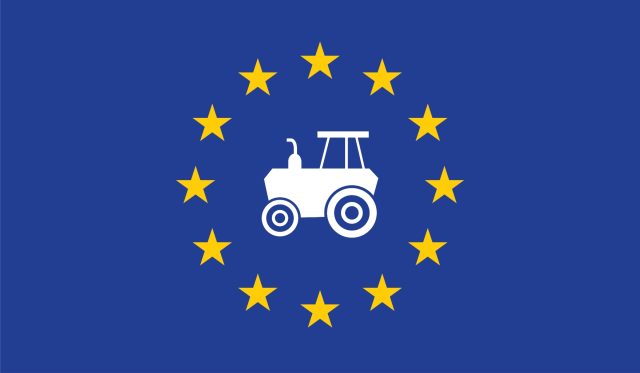
In recent days, thanks to the intervention of the European right and the member states with a right-wing majority, some important steps forward have been taken in agricultural policy. In fact, at the last Agrifish, the European Council of agriculture ministers from each member state, some key issues for farmers were addressed. In all EU countries, farmers and breeders have been protesting for months – and continue to do so – against the onerous provisions of the CAP, the European agricultural policy, and against the Green Deal clauses, which have not only seriously jeopardised the economic activity of all EU farms, but have also called into question the social role of the farmer as the guarantor of product quality and the first and greatest defender of the environment. Fortunately, the growing weight of the European right has distracted some of the current European Commission’s predictions on sensitive and very important issues for farmers, such as the use of pesticides. Some regulations have completely succumbed to the influence of ecological ideology, for example the return of forests and ponds in place of agricultural crops.
Good news from Agrifish
The work of a pro-farmer front has managed to put a stop to the ideological drift of the current Commission: it has been decided that a whole year of application of the Common Agricultural Policy and Farm to Fork has been too burdensome for the farmers and breeders of the Member States. In particular, a very important issue was raised in the last Agrifish: the uprooting of vines, a phenomenon that would have posed a huge risk to leading wine producing and exporting countries such as France and Italy. Specifically, some countries have said that they are only in favour if certain conditions are met: for example, if the reduction in vineyards serves to improve the quality of the wines, if it concerns only lowland vineyards, if there is a substantial European contribution in return. Another innovation is the so-called “breakfast directive”, a package of new rules on the sale, composition, packaging and labelling of certain products consumed at breakfast, such as honey and jam. The aim is to combat imports: if honey is mixed from different parts of the world, the label must indicate the percentage of each country’s contribution. In short, the new regulation is designed to combat possible fraud, even if, according to some consumer and slow-food associations, some of the novelties could cause harm to those who use the products.
EU elections will be decisive
In addition, the Council of Agriculture Ministers has called on the European Commission to simplify the CAP in order to free farmers across Europe from the oppressive bureaucracy and all those oppressive clauses that threaten rural entrepreneurship. Indeed, we need to restore the dignity of the farmer, the true guardian of nature, through a new approach that sees the farmer as the first guarantor of the quality of the products we consume. The rigid and ideological rules imposed by the European Union in recent years have risked destroying an entire economic sector of the Member States, especially in relation to the foreign market: Thanks to the mismanagement of the left, Europe is in danger of suffering unfair competition from third countries which, unlike Europe, do not apply any rules to protect the environment and continue to pollute it relentlessly. The contribution of the right-wing parties has mitigated the Commission’s ideological drift, but a real change in the Common Agricultural Policy will only come after the EU vote on 8 and 9 June, when a probable first ascent of the right in the European decision-making bodies could finally lift the fortunes of farmers and breeders throughout the EU.



 Subscribe
Subscribe